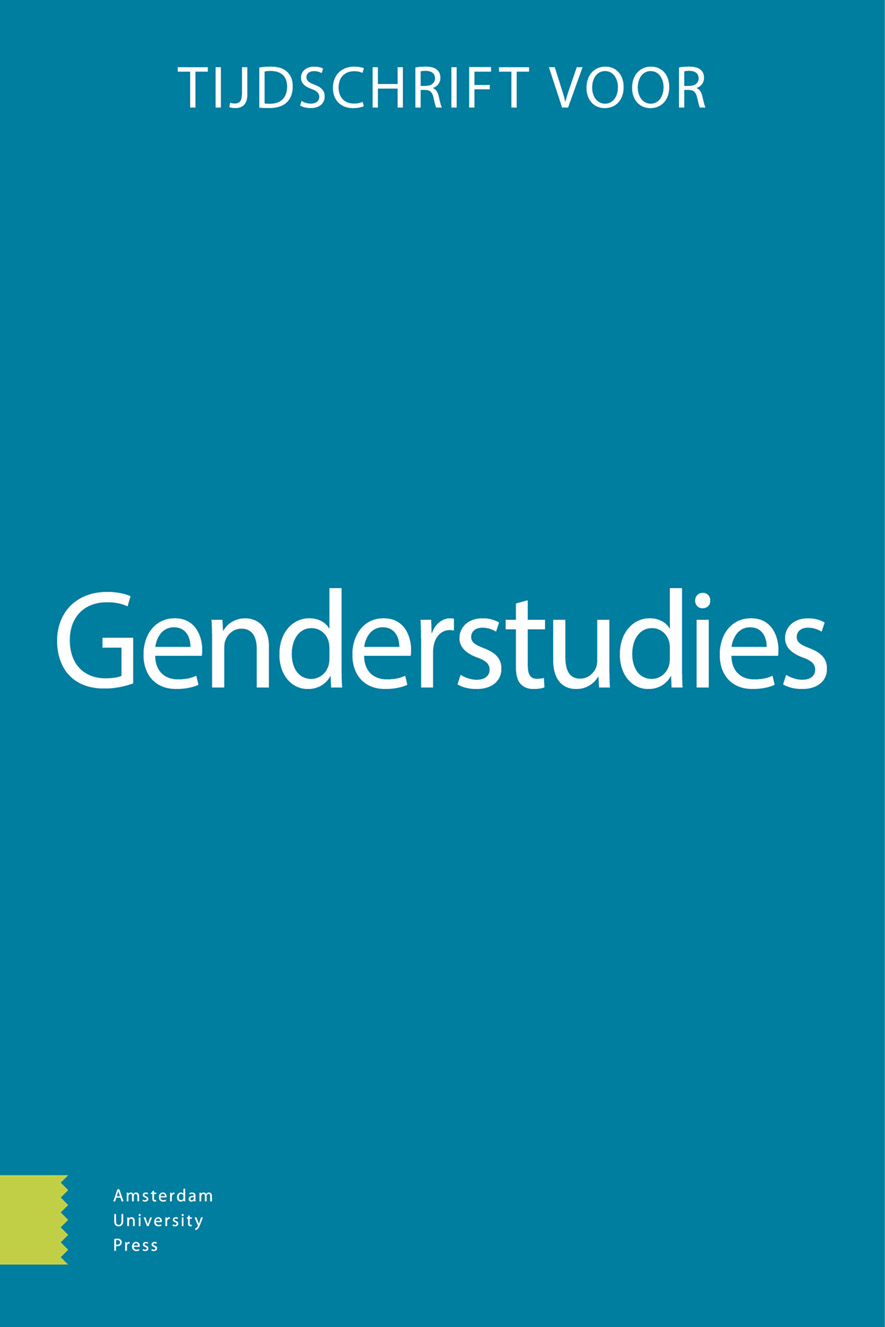-
oa Whose rights? Intersections of class, race, and gender in Sara Burgerhart (1782) and The wrongs of woman (1798)
- Amsterdam University Press
- Source: Tijdschrift voor Genderstudies, Volume 25, Issue 2, jun. 2022, p. 158 - 178
-
- 01 jun. 2022
Samenvatting
Writing at the end of a century which witnessed the possibility of dramatic social change, Mary Wollstonecraft and writing duo Elizabeth Wolff and Agatha Deken examined the relationship between rights and gender equality through the lens of citizenship, marriage, and education. Through a literary analysis of their novels, respectively Maria (1798) and Sara Burgerhart (1782), the current study shows how representations of and by white, middle-class women emphasised collective female identity in their search for greater gender equality. With their fiction, Wollstonecraft as well as Wolff and Deken argued for improved conditions of female education, thereby invoking the category of ‘woman’ to describe the social group for which they were advocating. Yet whose rights were at stake? While these women’s contributions to feminist thought are well-documented, their analogies of women’s subordination and slavery and their analyses of class-based oppression have remained relatively understudied. Even if their works criticised European gender relations, their analyses of women’s subordination risked (re)producing a false universalism of its own, one that underplayed the oppression of poor (working-class) women and women of colour (in slavery).


